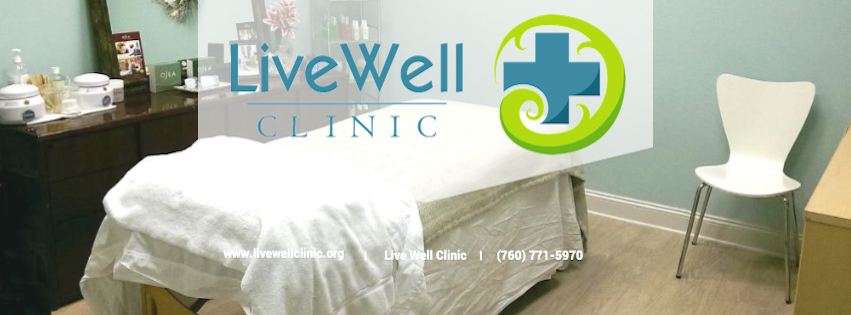Low Libido? Testosterone is not just for men
Do you suffer from fatigue, mood changes, weight gain, and
low libido? Millions of women suffer from hormonal imbalance and are often
misdiagnosed as anxiety or depression. Interestingly, low libido is one of the
most common complaints in women of all ages. Yes, young women in their
30’s can suffer from low libido too. Low libido affects about 40% of women,
according to the American Medical Association; however, there is no FDA
approved treatment for low libido in women (but not men). But not to worry,
help is available!
Although doctors have known that women produce testosterone,
most mainstream physicians have believed that hormones like testosterone are
not important for women. Only levels of the “female” hormones, progesterone and
estrogen, were thought to have any significant bearing on a woman’s health and
well being. Over the last decade, however, more and more evidence has been
brought forth suggesting that testosterone is a very important hormone for
women, especially in terms of staying fit, lean, and sexually active.
Testosterone is a crucial hormone often overlooked in women.
Although testosterone is traditionally thought of as a male hormone, women make
testosterone too, just in much smaller quantities, about 1/10th the
amount. Women make testosterone in their ovaries and adrenal glands. So if you
are a woman who has had her ovaries removed and/or undergoing chronic stress in
your life, it is no wonder that fatigue and low libido go hand in hand. That is
why in women, it is critical to include testosterone into the balance of any
type of hormone regiment when needed.
Not only can testosterone bring back libido, it also
protects against the most common chronic health issues that women face, such
as:
- Relieving symptoms of menopause.
- Enhancing mental clarity and focus.
- Reducing anxiety, balancing mood and relieving depression combined with fatigue.
- Increasing bone density, decreasing body fat and cellulite, and increasing lean muscle mass.
- Offering protection against heart disease and diabetes type 2, by increasing blood flow and dilating blood vessels, and decreasing insulin resistance.
As with any substance, testosterone, when abused, can cause
harmful side effects. However, testosterone has been used beneficially by men
and women for over 40 years with minimal side effects. Some women believe that
testosterone therapy will produce "masculinizing" traits, like
hoarseness and aggression. While the hormone may sometimes cause inappropriate
hair growth and acne, those side effects can be remedied by lowering the dose
and reducing specific enzyme conversions.
When used in conjunction and balance with bio-identical
estrogen and progesterone, testosterone is a safe and effective treatment
option, even in women with breast cancer. Many women have a knee-jerk suspicion
that any hormone treatment can increase their risk of breast cancer. However,
clinical studies show that bio-identical testosterone not only does not
increase a woman's risk of breast cancer, it may play a key role in warding off
the disease.
Hormones can be difficult to test via blood because they
cycle up and down throughout the month and even throughout the day. Some holistic doctors test using blood
or saliva. I find that the best way to test is via 24 hr urine testing so you
can catch the whole daily cycle of hormones. Interestingly, for women of Asian
decent, urinary hormones are not accurate for testosterone, so a blood levels
of testosterone is necessary. The key is to be informed. Ask your doctor if
they have special training in bio-identical hormone replacement therapy. If not, you may be missing out on a
very important tool to increase your quality of life, decrease risk of chronic
disease, and help you regain your zest
for life.
Dr. Sonja Fung, ND is a primary care, naturopathic doctor
utilizing bio-identical hormone treatments at Live Well Clinic (behind Cost
Plus and Office Depot in La Quinta).
Live Happy, Live Well.


Comments
Post a Comment